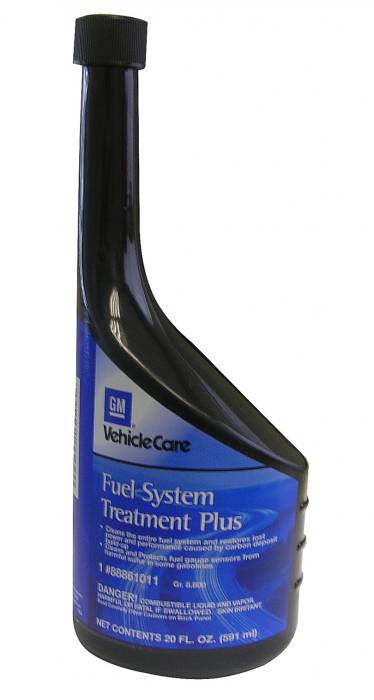Originally Posted By: Loobed
Originally Posted By: Quest
Also: these so-called OTC additives that claimed UCL benefits when mixed with gas seems to exist a lot on shelves of NA retailers, not so much (not even heard of that) in other countries such as Germany, Japan, etc.
Germany doesn't have [censored] alcohol laced gas.
k. let's put aside the E10 gas in NA for the time being.
Take a look at Honda Civic: gen 7 civic (1.7L D17A1) actually in NA, carries an LNG version of civic available to certain states. Knowing full well that LNG, unlike liquid (gasoline, diesel, etc.), is in gas state, it doesn't even come with any form of lubricity within. Should you, in that case, add UCL into it? Will that be of any lubricity (or the lack of) concerns?
I think the negative aspects of ethanol in gas in NA has been blown out of proportion (mostly by armchair mechanics, etc.). Don't forget that Brazil has been running gashol (gasoline mixed with sugar cane derived alcohol) for many decades already (vividly recalled those air-cooled VeeDoubleU bug taxis burning gashol, or in our case: we have been running E10 gas in this region for over 25 yrs(since the mid-80s, Mohawk and Husky, for example). Never seen/experienced any accelerated cylinder bore wear (I have mechanically-inspected a few of these vehicles that I serviced during head-related works) nor premature wear of fuel pumps (I still stand corrected that granted that no running fuel tank dry to burn out the fuel pump, your factory OE fuel pump should lasts a healthy 20yr+ easily).
UCL properties is way overblown/exaggerated. Ditto with E10 (scare of E10? haa...you've been brainwashed by special-interest groups)
Q.

